Repository History
Explore all analyzed open source repositories
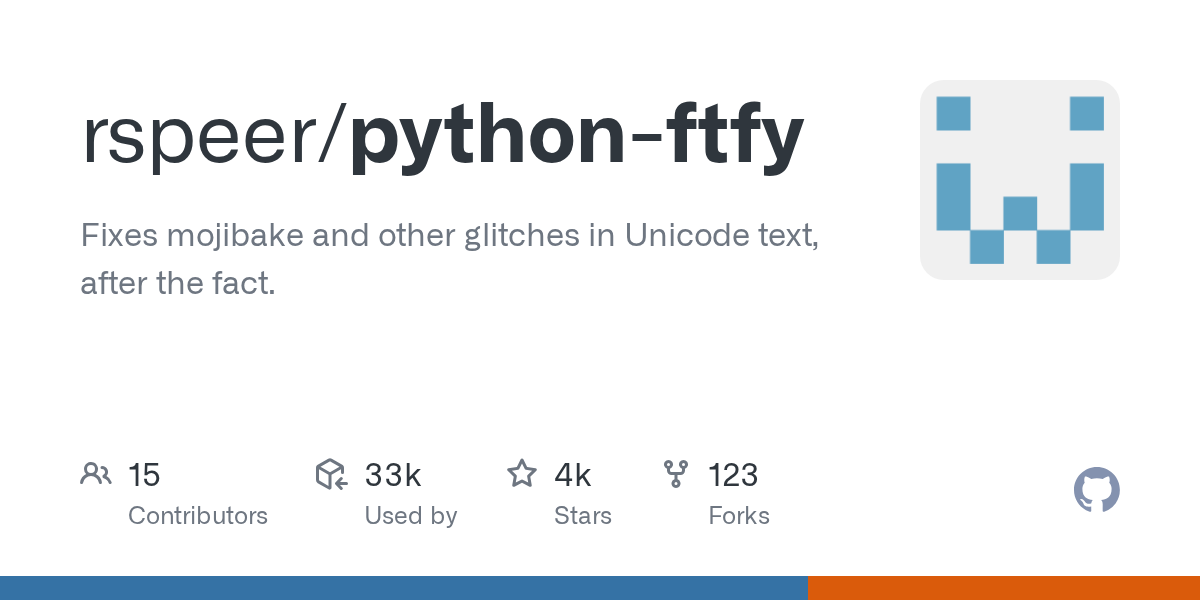
python-ftfy: Effortlessly Fixing Mojibake and Unicode Glitches
ftfy is a powerful Python library designed to automatically correct "mojibake" and other common glitches in Unicode text. It intelligently detects and fixes encoding mix-ups, transforming unreadable characters into their intended form. This tool is essential for developers and data scientists working with messy text data, ensuring readability and data integrity.
TeleGraphite: Fast and Reliable Telegram Channel Scraper
TeleGraphite is a powerful Python tool designed for scraping public Telegram channels efficiently. It allows users to fetch posts, download media, and export all data into structured JSON files. This makes it an ideal solution for data collection, analysis, and archiving Telegram channel content.
ZEN Engine: A Cross-Platform Business Rules Engine Powered by Rust
ZEN Engine is an open-source, cross-platform Business Rules Engine written in Rust. It provides native bindings for various languages like NodeJS, Python, Go, and JVM, enabling developers to integrate powerful decision-making logic into their applications. The engine utilizes the JSON Decision Model (JDM) for defining and executing complex business rules efficiently.
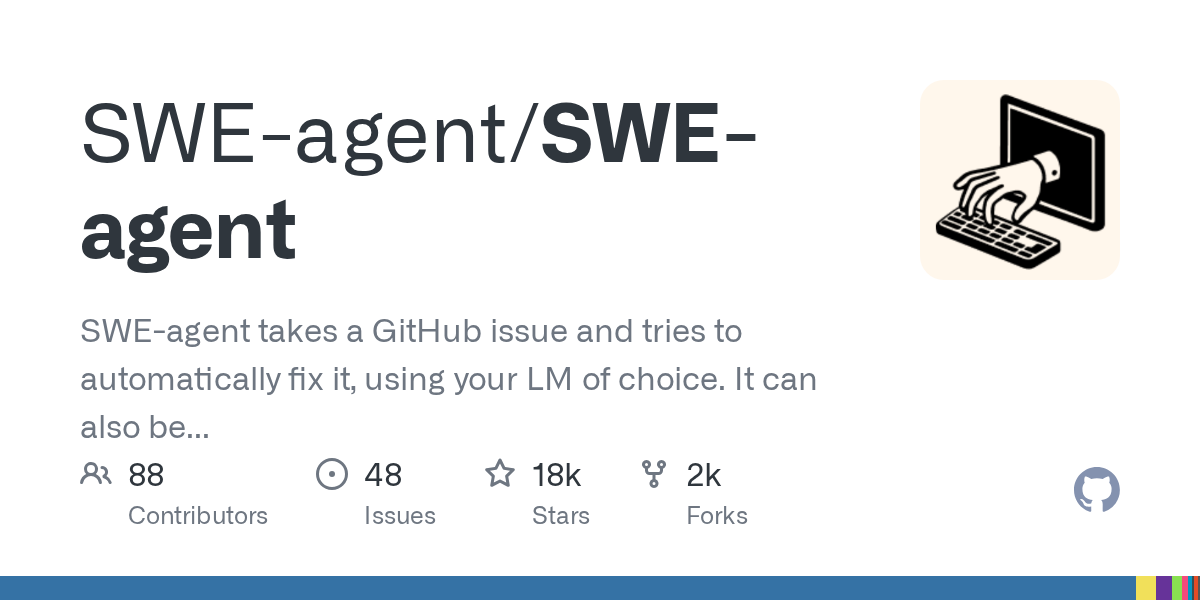
SWE-agent: Automating Software Engineering with Language Models
SWE-agent is an innovative GitHub repository that empowers language models to autonomously fix issues in real-world software projects. This powerful tool can also be employed for offensive cybersecurity and competitive coding challenges, representing a significant advancement in automated software engineering. Developed by researchers from Princeton and Stanford, it was featured at NeurIPS 2024.
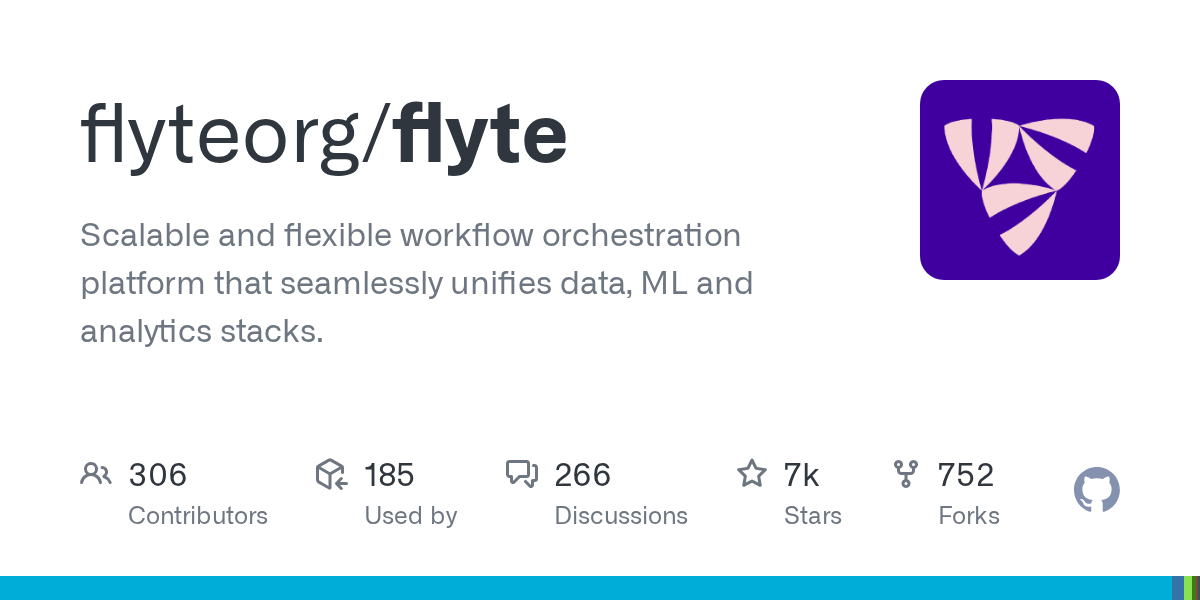
Flyte: Scalable Workflow Orchestration for Data and ML
Flyte is an open-source, scalable, and flexible workflow orchestration platform that seamlessly unifies data, machine learning, and analytics stacks. It leverages Kubernetes as its underlying platform, enabling the construction of robust and reproducible production-grade pipelines.
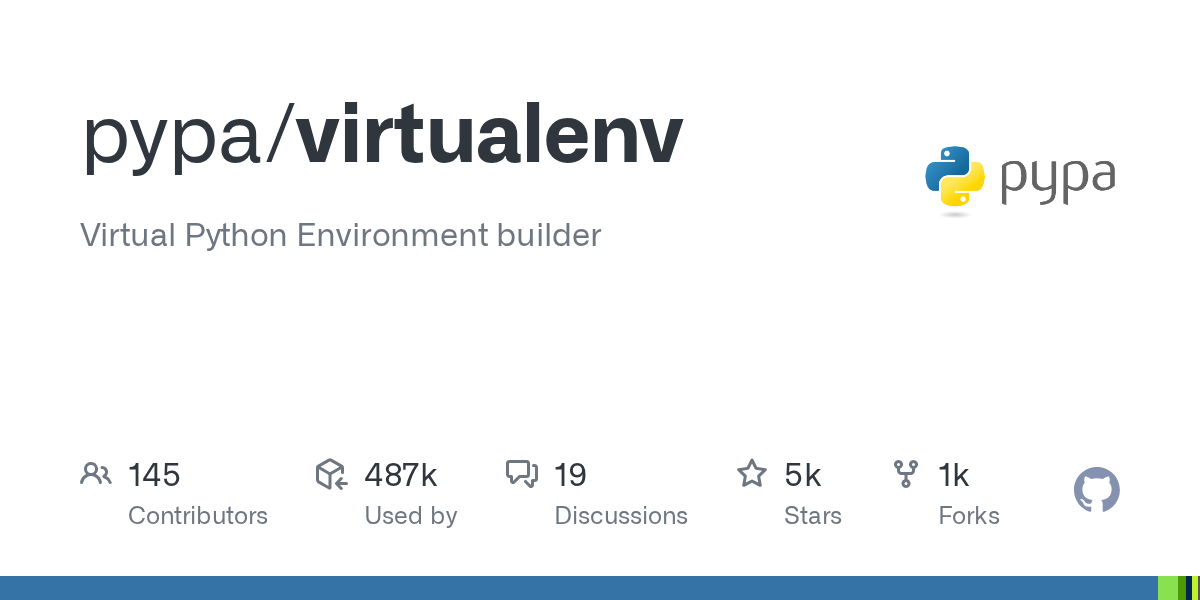
virtualenv: A Tool for Isolated Python Environments
virtualenv is a powerful tool developed by PyPA for creating isolated Python environments. It allows developers to manage project dependencies independently, preventing conflicts and ensuring consistent development setups. This makes it an essential utility for any Python developer.
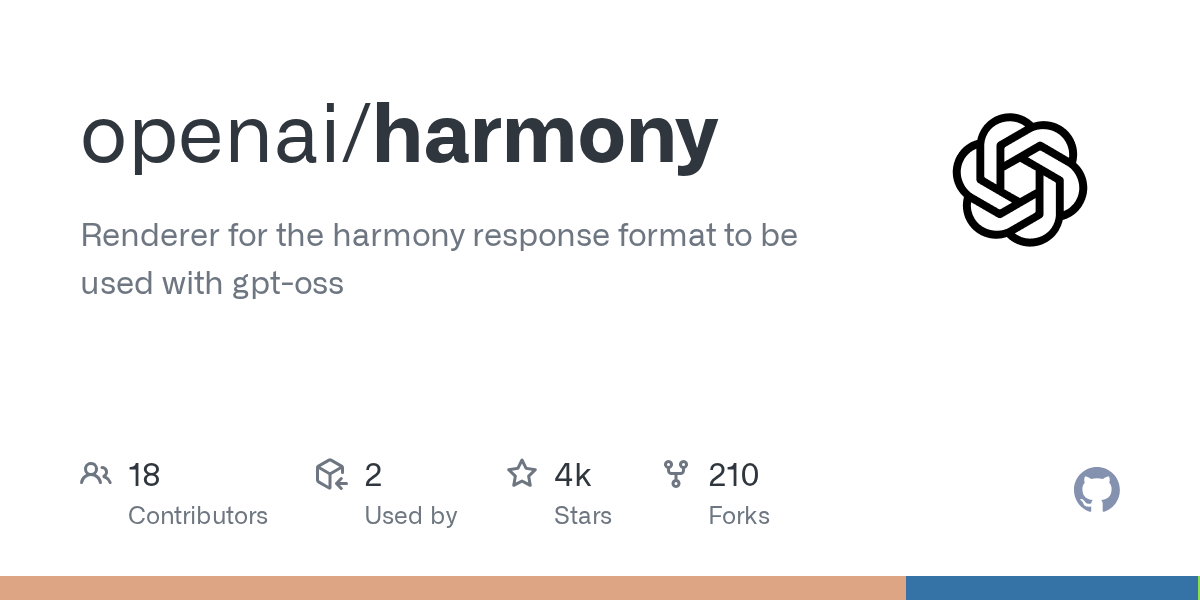
Harmony: OpenAI's Renderer for GPT-OSS Response Format
Harmony is OpenAI's dedicated renderer for its `harmony` response format, specifically designed for use with `gpt-oss` open-weight models. This library provides a robust solution for defining conversation structures, generating reasoning output, and structuring function calls, ensuring consistent and efficient token-sequence handling for both rendering and parsing. It offers first-class support for both Python and Rust development.
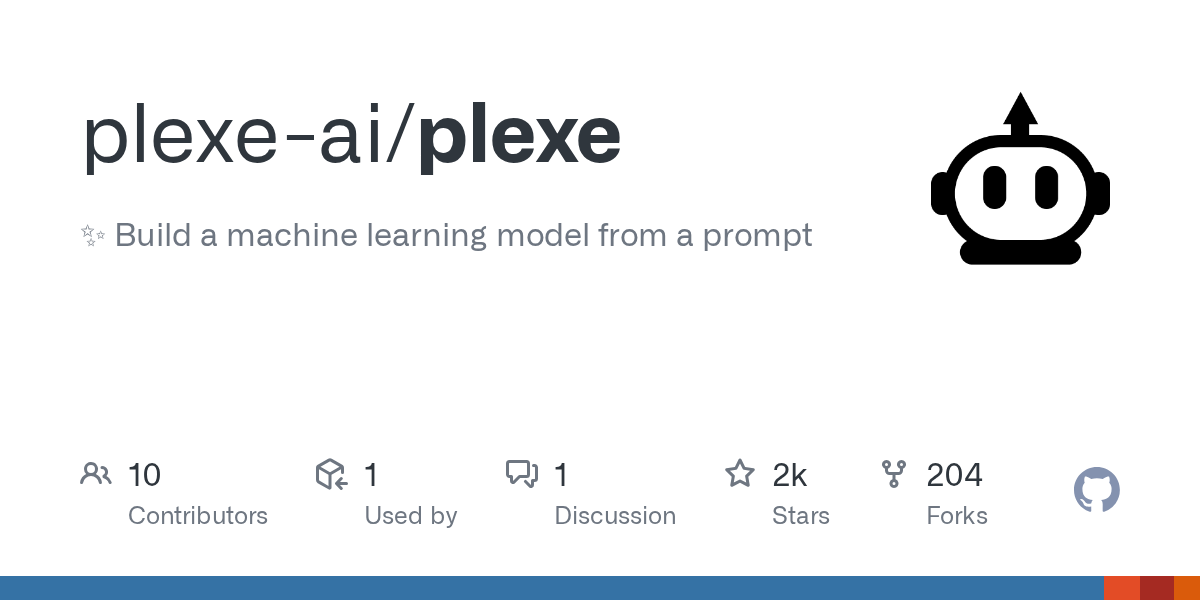
Plexe: Build Machine Learning Models from Natural Language Prompts
Plexe is an innovative Python library that empowers developers to build machine learning models using natural language descriptions. It automates the entire model creation process, from intent to deployment, through an intelligent multi-agent architecture. This allows for rapid development and experimentation, making ML accessible and efficient.
gpt-engineer: AI-Powered CLI for Code Generation and Experimentation
gpt-engineer is a powerful CLI platform designed for experimenting with AI-driven code generation. It enables users to specify software requirements in natural language, then observes as an AI writes, executes, and refines the code. This tool serves as a precursor to lovable.dev, offering robust capabilities for both new project creation and existing code improvement.
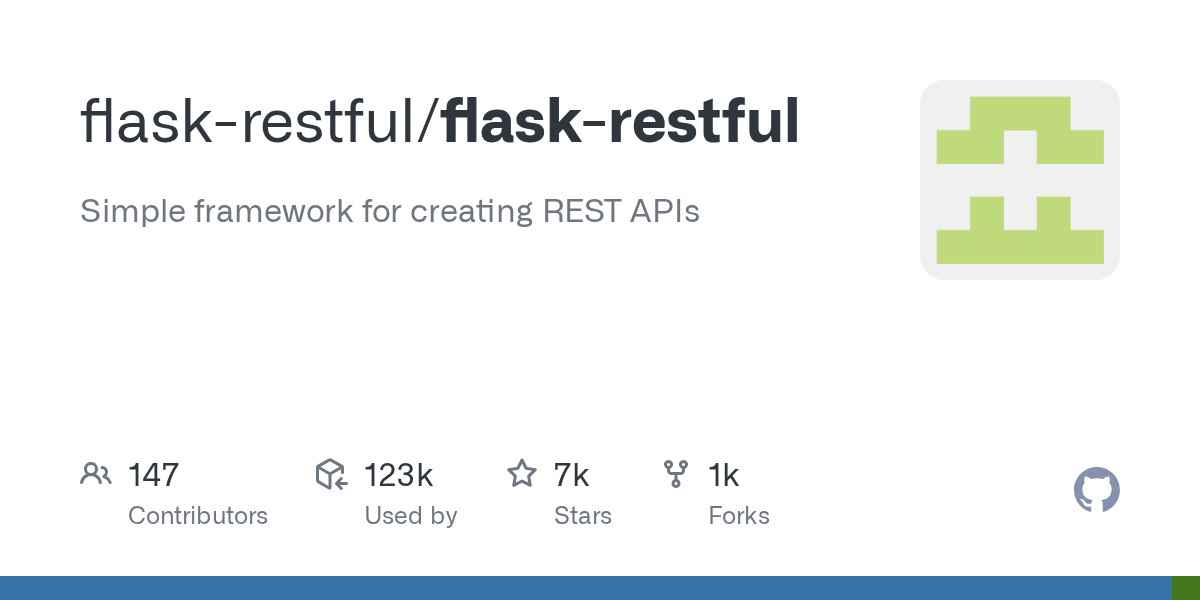
Flask-RESTful: A Simple Framework for Creating REST APIs in Python
Flask-RESTful is a powerful yet simple framework designed to help developers quickly build robust REST APIs using Flask. It provides essential building blocks and best practices, streamlining the process of creating web services in Python. This tool integrates seamlessly with Flask, making API development efficient and straightforward.
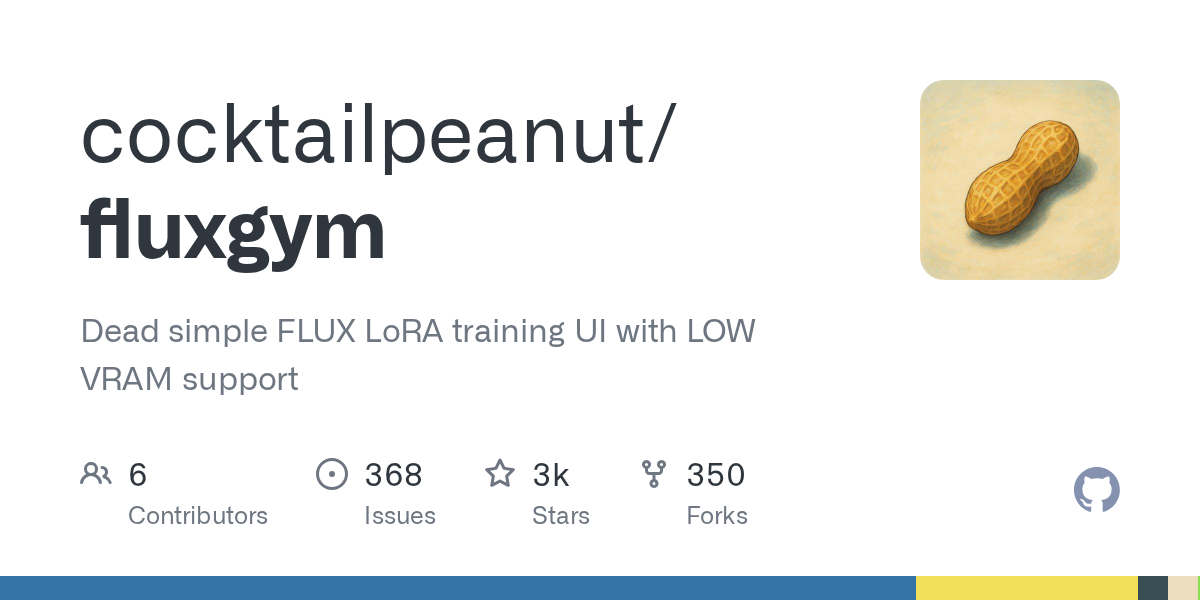
Fluxgym: Simple FLUX LoRA Training UI with Low VRAM Support
Fluxgym offers a user-friendly web interface for training FLUX LoRA models, specifically designed to support systems with low VRAM, such as 12GB, 16GB, and 20GB GPUs. It combines the simplicity of a Gradio UI, forked from AI-Toolkit, with the powerful and flexible training capabilities of Kohya sd-scripts. This tool allows users to easily train custom LoRAs, including advanced features like automatic sample image generation and direct publishing to Hugging Face.
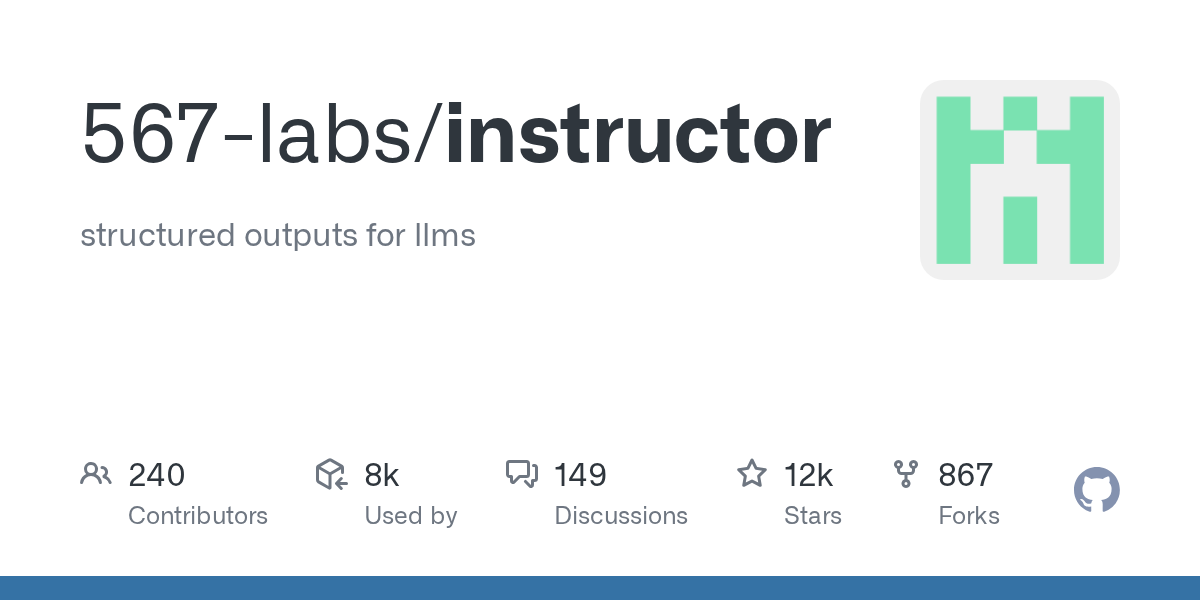
Instructor: Structured Outputs for LLMs with Pydantic and Python
Instructor is a powerful Python library that simplifies extracting structured data from Large Language Models (LLMs). It integrates Pydantic for robust validation, type safety, and IDE support, eliminating the need for manual JSON parsing, error handling, and retries. This tool provides a streamlined and reliable way to get structured outputs from any LLM.